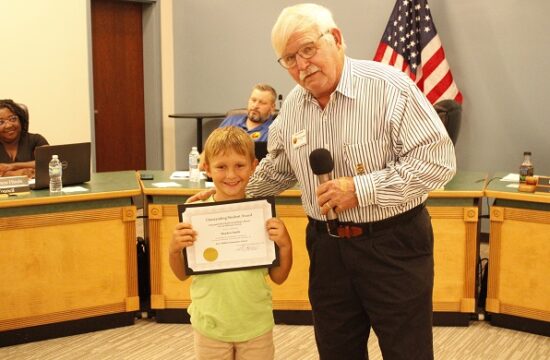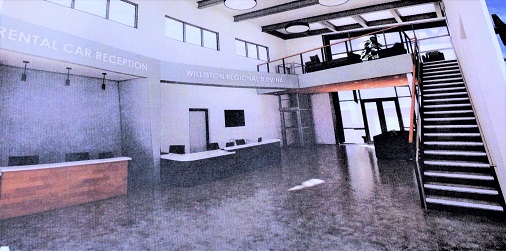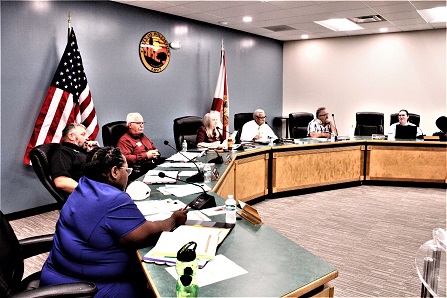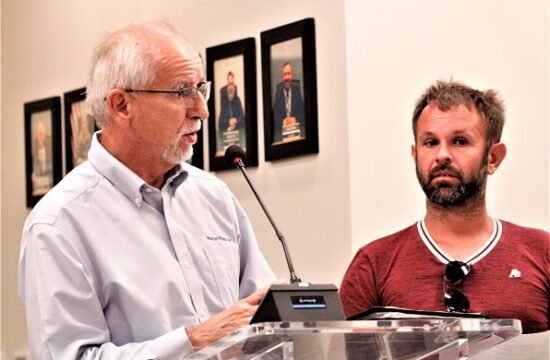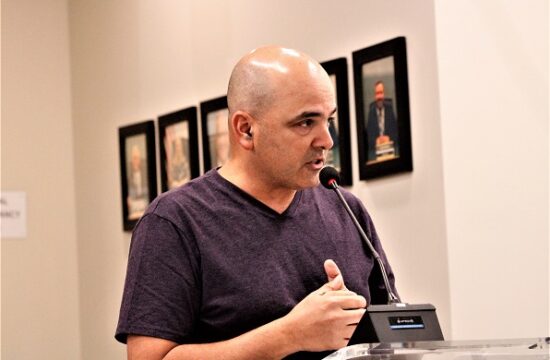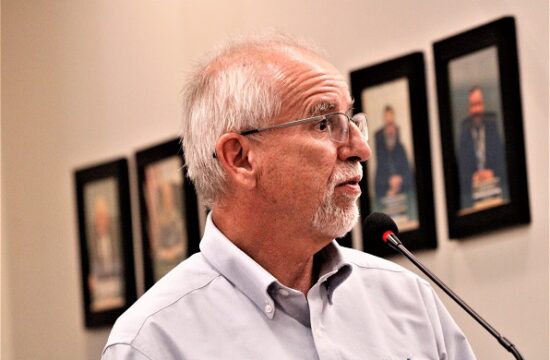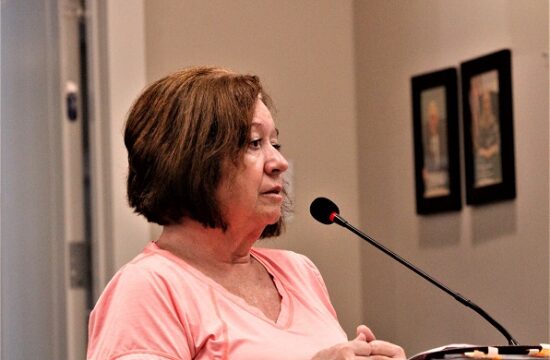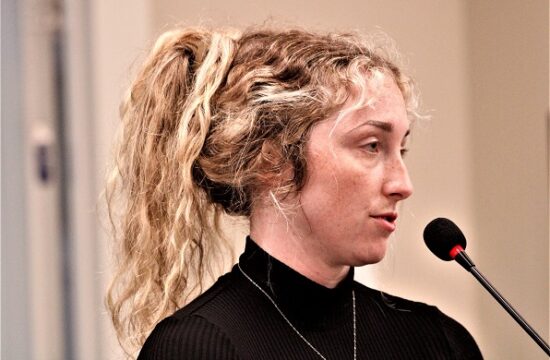By Terry Witt- Spotlight Senior Reporter
Williston City Council members and Williston Peanut, LLC. are at odds with an African American neighborhood that says the peanut company’s crop dryers are generating high levels of noise and making their lives miserable.
City Attorney Scott Walker responded with a letter invoking the protections of the Florida Right to Farm Act that he says gives the peanut farm and its crop drying activities, which have operated since 1981, immunity from nuisance complaints.
The situation has been brewing for some time but came to the public forefront Tuesday night when Dwayne Williams, a neighbor of the crop dryers, said Williston Peanut President John Gray made a verbal agreement with the city council in 2017 to extend a natural gas line 7 miles outside the city to serve his farming operation and agreed to comply with the city’s noise ordinance.
The crop dryers Gray installed are within the city limits but Williams said Gray hasn’t lived up to his verbal agreement with the city and is inflicting harm on his neighbors with noise so loud that they can barely carry on a conversation in their homes and must turn up the volume of their televisions to hear TV shows.
“Is it the position of the council tonight to enforce this agreement or uphold the agreement?” Williams said.
“I will say that there was no formal agreement. It was a comment Mr. Gray made in the meeting,” responded Council President Debra Jones.
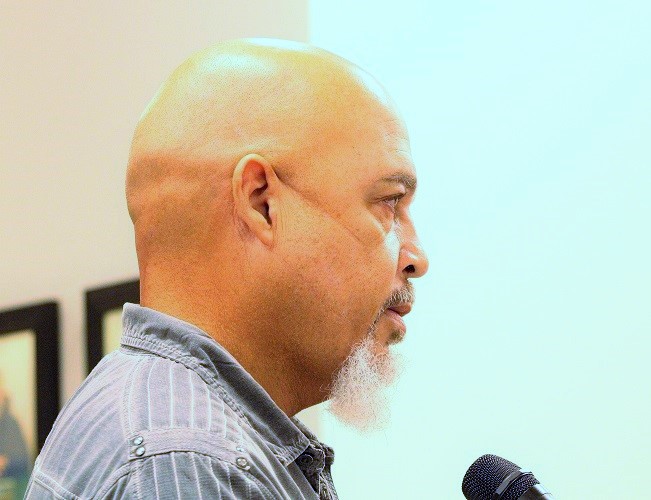
Williams argued that the Right to Farm Act prohibits farms from expanding their operations to the detriment of homeowners who lived next door to the farm operation before it switched to a more intensive use.
“If the council wants to take the position that there’s nothing they can do and I‘m just making a bunch of noise and they’re going to ignore me, fine, I’m just going to say to you this is the last time I’m coming in here with this. I’m not going to take up your time or waste your time,” Williams said.
He added a few minutes later that the city may not have heard the last of him.
“If the council does not take action or refuses to do anything about it, then that’s fine, we will take the next step,” Williams said.
In Walker’s Sept. 20 letter, he said Williston Peanut is required to utilize generally accepted agricultural and management practices and he said the Right to Farm Act preempts the city’s noise ordinance.
“The State Law preempts the city‘s nuisance ordinance by establishing no farm operation, (which has operated for one year or more since its established date of operation and is not a nuisance at the time of its established date, be held liable for a nuisance. The statute requires the complainant to provide clear and convincing evidence that the operation does not comply with best management practices and limits the damages which may be awarded. The complainant will be responsible for all costs fees and expenses incurred in the defense of such an action if the complainant is not successful.”
Walker said his opinion concerning Williston Peanut is consistent with email opinions he reviewed from Assistant State Attorney Glenn Bryant and former City Attorney Fred Koberlein.
“As long as the farm operation is using best farm practices it is not a nuisance, so, you (the person filing suit) have a high hurdle to cross to find that this farm operation is a nuisance,” Walker told the council.
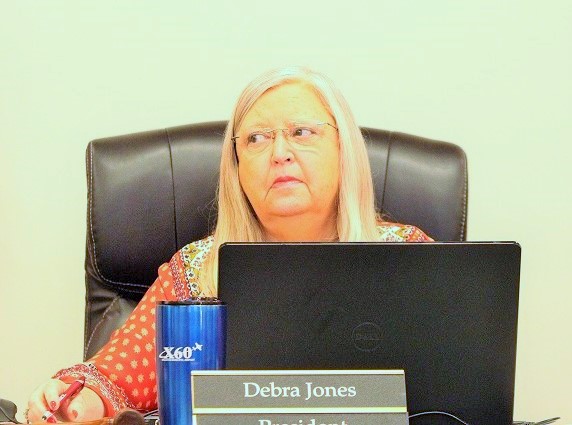
Jones said there was no backup information in the city agenda relating to Williams’ complaint because he didn’t provide anything. The paperwork he handed to council members during the meeting he took back before leaving the meeting. The council never had time to read it.
Gray has spent more than $10,000 trying to muffle the crop dryer noise, Jones said.
“He bought old shipping containers and he hired a crane to stack them on top of one another to build a wall between the crop dryers and Mr. Williams’ house, and he also put big round bales of hay against the wall of shipping containers to further muffle the sound. It has dropped the decibel levels to about 65. Chief (Dennis) Strow measured the decibel levels in Mr. Williams’ driveway.”
Jones said the crop dryers are in the city limits next to the railroad tracks. She said the property is zoned industrial.
“It’s right next to the railroad tracks. That’s where you’re going to put noise if you got it,” she said.
She said Gray has indicated the crop drying will end in about three weeks.
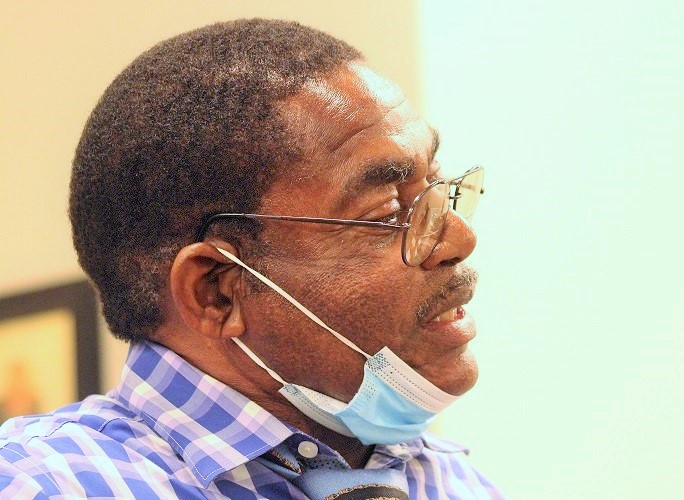
Tri-County NAACP President Al Carnegie told council members they wouldn’t want to live with the noise residents of the African American community near the crop dryers experience every day.
“If you had to live there and hear this noise – I got involved a month ago, and it is crazy,” Carnegie told the council.
Carnegie said he talked to a 97-year-old woman who lives in the community about noise levels.
“I said how do you put up with the noise. She said if you noticed, you got to talk loud or you can’t hardly hear. I sit there to watch TV. I have to turn up the TV loud. Would you want your parents to live like that in their last days?” Carnegie said. “All you all know what’s going on. On that side of the tracks the noise, it’s crazy.”
Williams warned the council that the visuals of what is happening to the African American city residents put the city in a bad light.
“The optics of this situation is bad,” he said. “Ninety-five percent of those dryers point toward the African American community.”
Jones said Williams will have to make the next step, not the city.
She said the 7-mile gas line the city built to serve Williston Peanut paid for itself within 6 years. Williston Peanut is one of the city’s biggest natural gas customers.
As for what happens next, she is concerned it could result in litigation against Williston Peanut.
“I’m afraid they’re going to sue the city too. If he does that, he’ll name them both if he can find an attorney that will take it,” she said.
—————————–
City of Williston Regular Meeting September 21, 2021; Posted September 22, 2021



